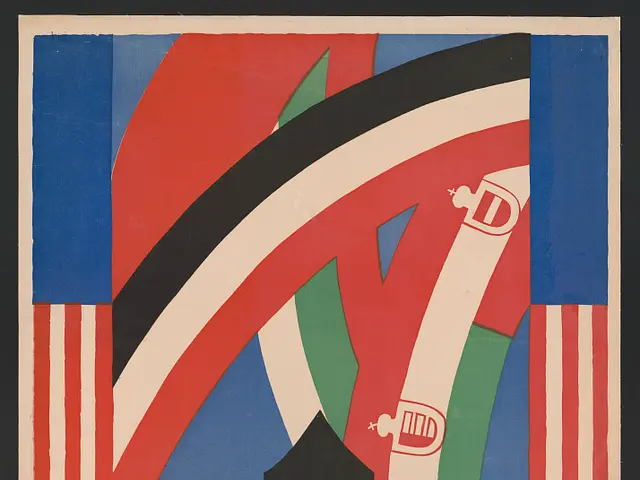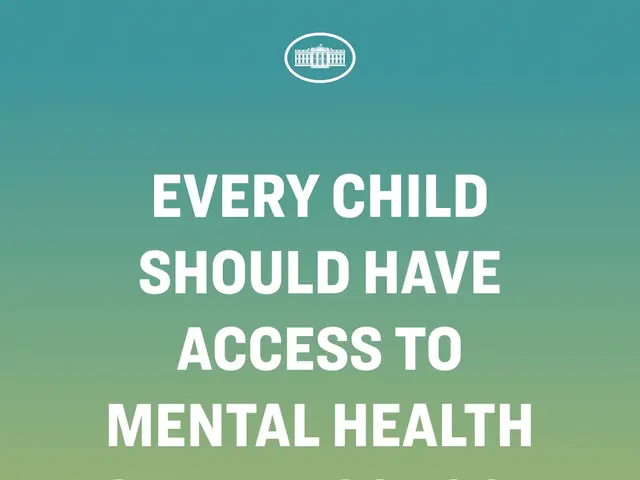Understanding Anxious Attachment in Relationships: Characteristics and Causes
What's the deal with anxious attachment in relationships?
Here's the lowdown on this tricky attachment style.
Anxious attachment is one of the four relationship attachment styles that can leave you feeling like you're never good enough, always on eggshells, or chasing after an elusive partner. If this sounds all-too-familiar, then you might be an anxious attachment type.
This attachment style can stem from childhood experiences where caregivers were inconsistent or unreliable, breeding a fear of abandonment or rejection. As a result, anxious types can be overly sensitive to signs of emotional distance or disinterest in relationships, going to great lengths to win validation and assure the relationship's stability.
This attachment style poses challenges in relationships, causing persistent anxiety, misinterpretations of social cues, struggles with conflict resolution, and strained connections. But the good news is, there are tactics to conquer anxious attachment and embrace a secure attachment style.
To cultivate a healthy bond, it's essential to become self-aware and educated about attachment styles, practice emotional regulation techniques, enhance communication skills, seek therapy, and work on building self-esteem and autonomy – all of which contribute to securing emotional well-being and a more satisfying relationship.
Do you want to spill the beans on your attachment style? Take the quiz to uncover the secrets of your relationship patterns!
So, what's your attachment style, darling? Let's find out!
- Anxious attachment in relationships can make individuals feel inadequate and constantly on edge, leaving them chasing validation and assurance of stability.
- If you often feel sensitive to emotional distance or disinterest in relationships, you may be an anxious attachment type, a style that can be traced back to inconsistent or unreliable caregivers during childhood.
- Anxious attachment can lead to challenges in relationships, including persistent anxiety, misreading social cues, difficulties with conflict resolution, and strained connections.
- To overcome anxious attachment and cultivate a healthy bond, it's essential to become self-aware, educated about attachment styles, practice emotional regulation techniques, enhance communication skills, seek therapy, and work on building self-esteem and autonomy.
- Seeking therapy can be an effective tool for healing and growth, helping individuals with anxious attachment to focus on their emotional well-being and build a more satisfying relationship.
- Emotional intimacy is crucial for nurturing a secure attachment style, as it helps to build trust and strengthen the connection between partners.
- Art, whether through painting, writing, or music, can serve as a powerful medium for exploring and expressing emotions, providing a sense of healing and self-discovery that can contribute to personal growth.
- Education and self-development are key ingredients for nurturing personal growth and fostering a secure attachment style, offering insights into mental health, relationships, health-and-wellness, and lifestyle.
- Insecure attachment styles, such as anxious attachment, can hinder the formation of deep and meaningful relationships, but with effort, education, and the right tools, it's possible to cultivate a more secure and fulfilling attachment.
- Maintaining healthy relationships and promoting personal growth involves cultivating self-awareness, trust, and empathy – all essential components in the dance of love, involving romance, play, connection, and the pursuit of a mutual growth journey.








